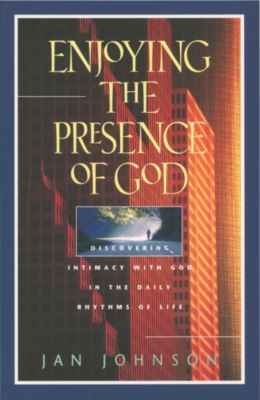Say Lin is an animal
welfare and wildlife conservation advocate newly based in Vientiane Province,
Laos. As a representative of a Singaporean NGO, ACRES, he is there to set up
Laos’ first ever wildlife sanctuary for rescued, surrendered and confiscated animals.
He hopes to learn the Lao language and visit as many places in the Indochina
region as possible. Say Lin also enjoys cycling and one day hopes to tour Laos
by bicycle.
I haven’t
always been passionate about protecting animals and the environment. In fact, even
as recently as 2008, I was largely unaware of the many issues that animals and
the environment face.
This isn’t
to say that I didn’t like animals. I did, only I wasn’t as informed as I am
now. With hundreds of dogs in shelters, daily cases of dog abandonment and
countless more being euthanized daily, I bought Buddy in 2008, a pure-bred
Shetland Sheepdog, for SGD$1,500 from a local breeder. I love him dearly and do
not regret my decision to buy him, but I probably wouldn’t have bought him if I
knew of the aforementioned statistics, and the problem with puppy mills.
2008 was
the same year I witnessed an army platoon mate shoot at an innocent Javan Myna
at the shooting range. I felt highly uncomfortable as I looked at the mangled
mess amidst its feathers, but I did nothing.
I was the
usual child who loved watching Animal Planet and Discovery Channel, and enjoyed
my visits to the zoo, circus or marine park. Despite being oblivious to the
plight of wild animals in captivity back then, I had questions, many questions.
I remember watching the Orcas at the San Diego Sea World and asking my father
this: “Why are some of their dorsal fins upright, while others are bent or
curled in an arc?”
My father didn’t know the answer,
but his best guess was that this was genetically predetermined, just like how
some of us have brown eyes while others have blue eyes. I learnt many years
later that those bent dorsal fins were a phenomenon only seen in captive
whales. Captive whales spend all their time swimming in circles, within tanks
of still, sterile water, only a tiny fraction of space compared to their
natural habitat. Their fins are bent due to muscle degeneration caused by the
lack of use in a captive environment.
2008 was also the same year I
joined the Singapore Night Safari as a Junior Trainer-Presenter at the Animal
Shows Department. I believe this was when I begun a journey of realisation.
Working with wild animals in cages on a weekly basis, beginning to know them as
individuals and how their moods change, I gradually had more and more
questions. The only difference this time was that I was old enough to seek
answers for myself now, and I didn’t like the answers I found.
I began to understand that many
of the human-animal relationships that exist in our world today are highly
flawed. Factory farming, bear bile farming, puppy mills, poaching of wild
animals for exotic dishes, pets or entertainment, these examples would arguably
be okay if the following assumption held true: “Animals are inanimate objects
devoid of any cognitive function.”
This isn’t the case at all.
Animals, no matter what species or degree of cognitive function, may have
feelings or at least an important role to play in this world. Over many years,
with the ability of language and technology, humans have managed to engineer a
world of our own. We think we have managed to isolate ourselves from the
natural world, and we take everything from the environment for our self-benefit
and call it our own. I think that it is pure arrogance as a human race, to
think that we are different from other animals, and we can extract and exploit
them as we wish. I find it ironic that the word “humane” is used to refer to a
positive manner of treatment for an animal or person, when it was man that caused
most of the negativity in the first place.
I have joined a small group of
people who believe in a world that does not just include humans, but animals
and the environment as well. I do not wish to impose my ideas on people, but I
aim to raise awareness about this wider worldview so that they may make their
own decisions.
Right now, my work focuses on
giving animals a better life. I aim to contribute to a world where animals are
not exploited, but treated with respect and hopefully one day, they will not be
victims of our human arrogance.
We destroy what we do not
understand, or simply what we do not appreciate. I urge everyone to at least
start small. Try observing the next animal you meet a little longer than
intended. Think about how or why animals behave the way they are in the wild,
in a zoo, or on the screen. You may just be pleasantly surprised at what you
might discover.
---
"The Action Collective" features six guests involved in humanitarian and environmental work. Next Wednesday, we'll have Peace Chiu.



